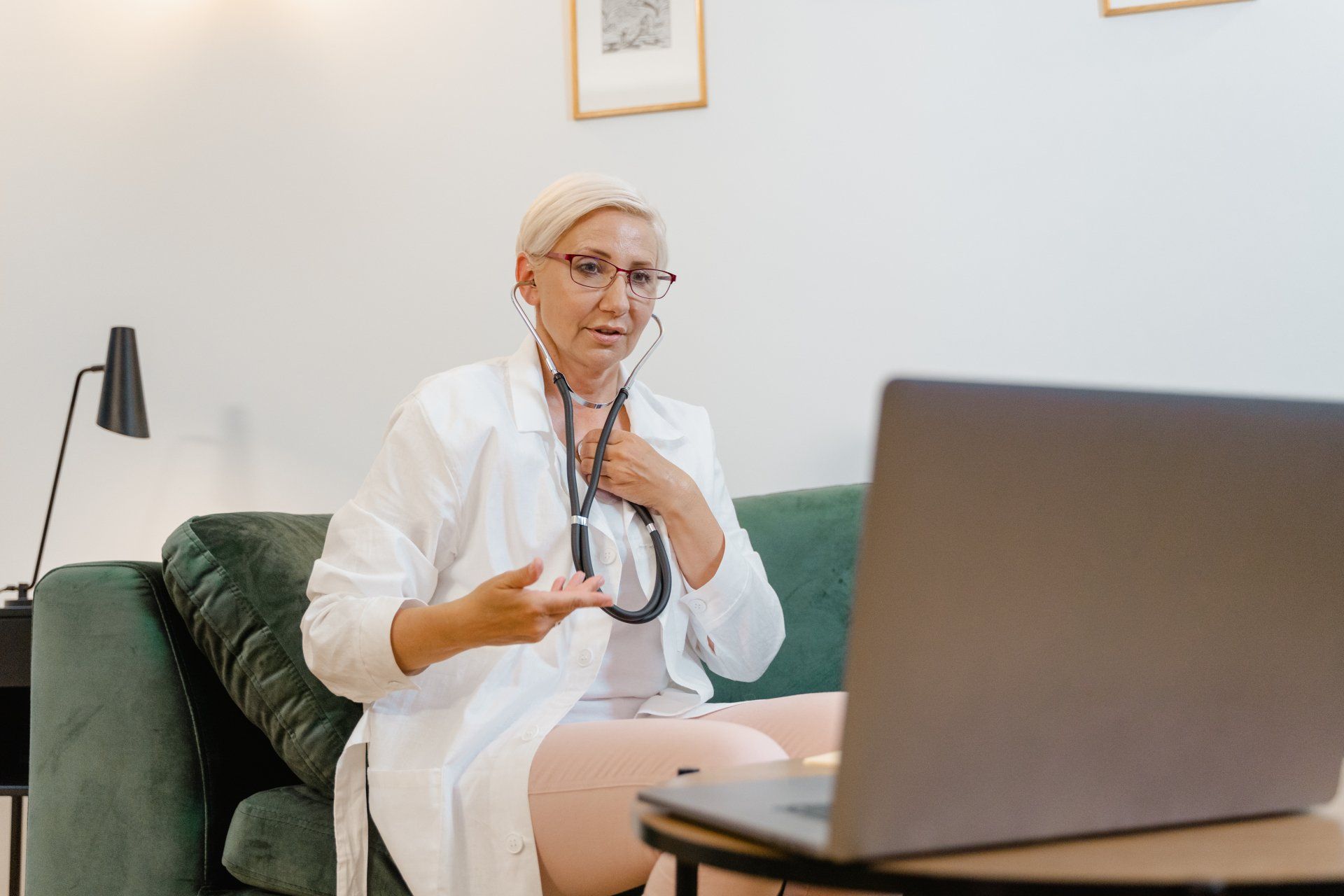Regulation
Regulation of Telemedicine in Brazil
Telemedicine in Brazil is regulated by the Federal Council of Medicine (CFM) through CFM Resolution No. 2,227/2018, which defines telemedicine as the exercise of medicine mediated by technologies for the purposes of assistance, education, research, prevention of diseases and injuries and health promotion.
The regulation of telemedicine in Brazil aims to guarantee the quality and safety of health services provided remotely. It is important that both healthcare professionals and patients are aware of these guidelines to ensure effective and ethical telemedicine practice.
Main Points of the Regulation
1. Medical Practice
Telemedicine can be practiced in any medical field, as long as it complies with the ethical and technical principles established by the Resolution.
2. Informed Consent
It is mandatory to obtain the free and informed consent of the patient or their legal representative before starting any telemedicine procedure.
3. Privacy and Security
Doctors and healthcare institutions must guarantee the privacy and security of patient data, in accordance with the General Personal Data Protection Law (LGPD).
4. Registration and Data Storage
All services carried out via telemedicine must be recorded in electronic medical records, with due custody, conservation and confidentiality of data.
5. Professional Responsibility
Doctors who practice telemedicine are fully responsible for the acts performed and may be held civilly and criminally liable for any damages caused to patients.
















































